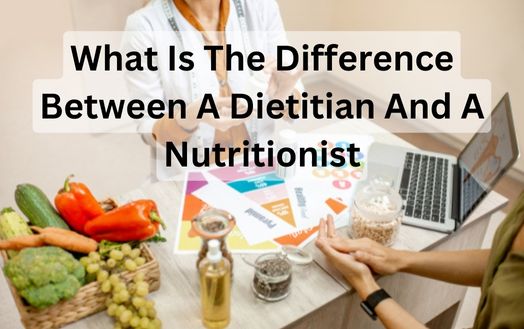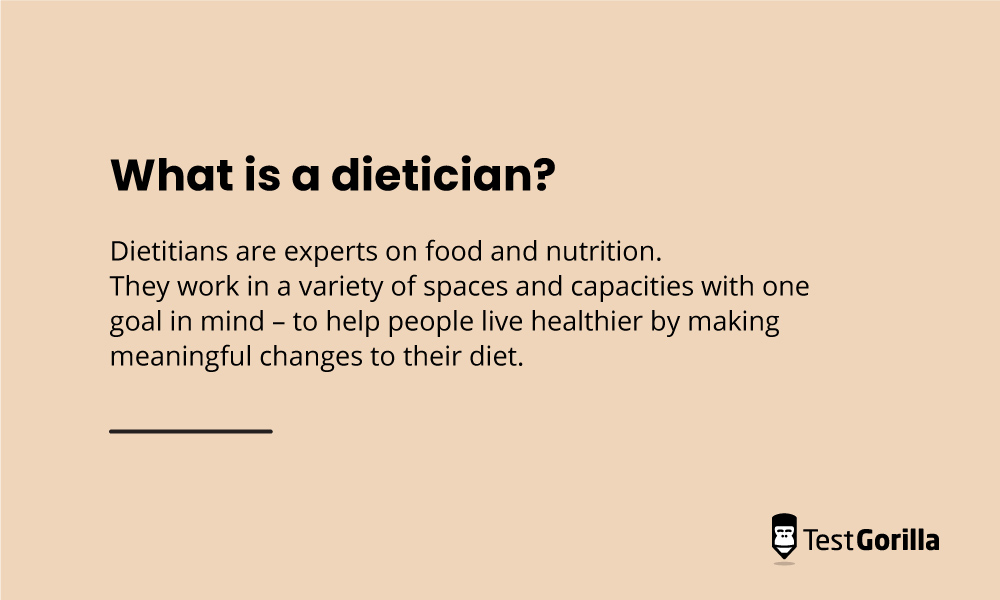All Categories
Featured
Table of Contents
The types of Nutritional experts are: and. The former are those individuals who utilize the scientific technique to research nutrients, both as private substances and as they interact in food and nourishment while the latter are experts that assist in identifying the nutritional troubles of neighborhoods and in finding options to those troubles.
: They deal with wellness programs and worldwide health organizations.: They are in charge of massive food planning and service.: They are professionals in nourishment and aging. They are Board licensed in Gerontological Nutrition with the American Dietetic Association.: They are mainly entailed with nutritional related research in the scientific aspect of nourishment in disease states, public element on primary, secondary and occasionally tertiary health avoidance and foodservice element in issues entailing the food planned for individuals.
Which Is The Best Dietitian Consultation Service?
, and newspapers-- either as a professional guest point of view, routine columnist or visitor, or for source, dining establishment, or recipe advancement and critique.: These work under private method. As discussed above, all dietitians are nutritionists yet not all nutritionists have the credentials and credentials to be called dietitians.
This suggests specifically the same thing as Registered Dietitian (RD), a term that has actually been in use for a lengthy time. While accreditation to become an RD or RDN is controlled by the Academy of Nutrition and Dietetics a nationwide company licensure is managed by private states.

In order to offer medical nourishment therapy and qualify as companies for insurer, a dietitian should be certified by the state. According to the Bureau of Labor Statistics, the need for dietitians and nutritional experts is expected to boost by 20% in between 2010 and 2020 this is a much faster growth price than the average for all line of work.
What Is The Best Holistic Dietitian?
There are significant differences in compensation based on expertise, with Medical Pediatric Dietitians and Dairy Nutritionists balancing around $90,000. In 2014, The Bureau of Labor Stats (BLS) located that the leading 10% of dietitians and nutritionists make more than $79,000, and the bottom 10% much less than $36,000 - Local Nutritionist. A mean hourly wage of $27.62 was computed for both sectors, with the top 10% earning over $38.00 per hour, and the lower 10% earning below $17.00 per hour

Nevertheless, there is a variety of jobs offered in different environments for those who desire to collaborate with the general public, in addition to for those who prefer even more research-focused work. Several get involved in among these fields in order to aid people live healthier lives which can be greatly gratifying.
With existing statistics that one-third of the united state population is obese, along with a multitude of senior U.S. locals, dietitians and nutritional experts are likely to have a more considerable function in the future. My Strategy rates dietitians and nutritional experts at # 53 in their joy index of leading 300 careers with the highest job complete satisfaction scores.
In enhancement to going to a recognized program, many states need dietitians to be accredited or to have expert accreditation, or both.
What Is The Best Adolescent Dietary Support?
It's important to note that starting Jan. 1, 2024, you'll also require to hold a master's degree to earn an RD/RDN credential. Usual bachelor's degrees for dietitians consist of professional nutrition, dietetics, and public health. Your core classes may include: Food scientific research Chemistry Health and wellness treatment plan Scientific nourishment Biostatistics Microbiology Food solution administration You'll additionally need to finish a dietetic internship.

And to advance in the field, you'll likely need a master's level. Whether composed in law or not, dietitians and nutritionists lots of times need a similar education and learning. Typical bachelor's levels for nutritional experts include nourishment scientific research or an associated self-control, such as dietetics, kinesiology, food system management, or biochemistry and biology. A few of your training courses may consist of: Trends in nourishment Biomedical data Scientific nourishment Food, nourishment, and habits Nutritional ecology Area nutrition Physiology Some degree programs include teaching fellowships, however in others you'll need to find chances by yourself.
The variety of hours you'll need may rely on demands in the state where you'll function. Whether you plan to gain a credential or not, it's an excellent idea to finish at least one internship to gain useful experience prior to looking for a full-time duty. Licensing and certification needs for nutritionists and dietitians vary from one state to another.
What Do I Need To Know To Hire A Certified Dietitian Nutritionist?
A professional accreditation shows your knowledge and expertise in your field. Below are the top certifications for dietitians and nutritionists.
The titles are basically the very same. There's no professional distinction between them, and you're totally free to choose which one you wish to utilize based on personal preference. To take the accreditation test, you have to: Make a bachelor's degree that's accredited by the ACEND Full a dietetics internship After Jan. 1, 2024, you'll require to earn a master's level to qualify for the certification.
Is It Worth Paying For Celiac Dietitian?
Bureau of Labor Data puts dietitians and nutritionists in the very same category and states they make a typical annual wage of $69,680. However there is a range in wages, with the lower 10% around $44,910 and the top 10% around $98,830, according to the BLS. Nutritional expert and dietitian duties are anticipated to grow 6.6% through 2032, according to the BLS.
This doesn't imply that one profession is superior to the other, as they both have various functions and credentials that could often overlap. If you wish to discover more regarding what makes these careers distinct, maintain analysis. Diet professionals are experts that assist improve the lifestyle with healthy and balanced food choices.
Which Is The Best Bariatric Nutritionist Company?
Nutritional expert suggestions about nutrition's effect on wellness. They help individuals take on healthier means of consuming and produce tailor-maked plans based on goals. Their services consist of dietary assessment and therapy, meal planning and developing healthy eating programs. Some have formal education and qualifications, others might have much more basic qualifications. The field is less regulated than dieticians; therefore, nutritionists' degrees of expertise and certifications can vary.
There are several distinctions in between dieticians and nutritional experts. Right here are the training and history specifications. Diet professionals commonly hold a bachelor's degree in dietetics, nutrition, or an associated field. As their careers breakthrough, many dieticians pursue advanced degrees, like a Master's or Doctorate, to be experts in specific areas of nourishment. Diet professionals should undertake supervised useful training as part of their education and learning to obtain hands-on experience in professional setups, neighborhood nutrition programs, or food service administration.
Latest Posts
Who Is The Best Online Coaching Gym Service
Who Makes The Best Virtual Fitness Coach 2023
Who Is The Best Online Fitness Instructor Company